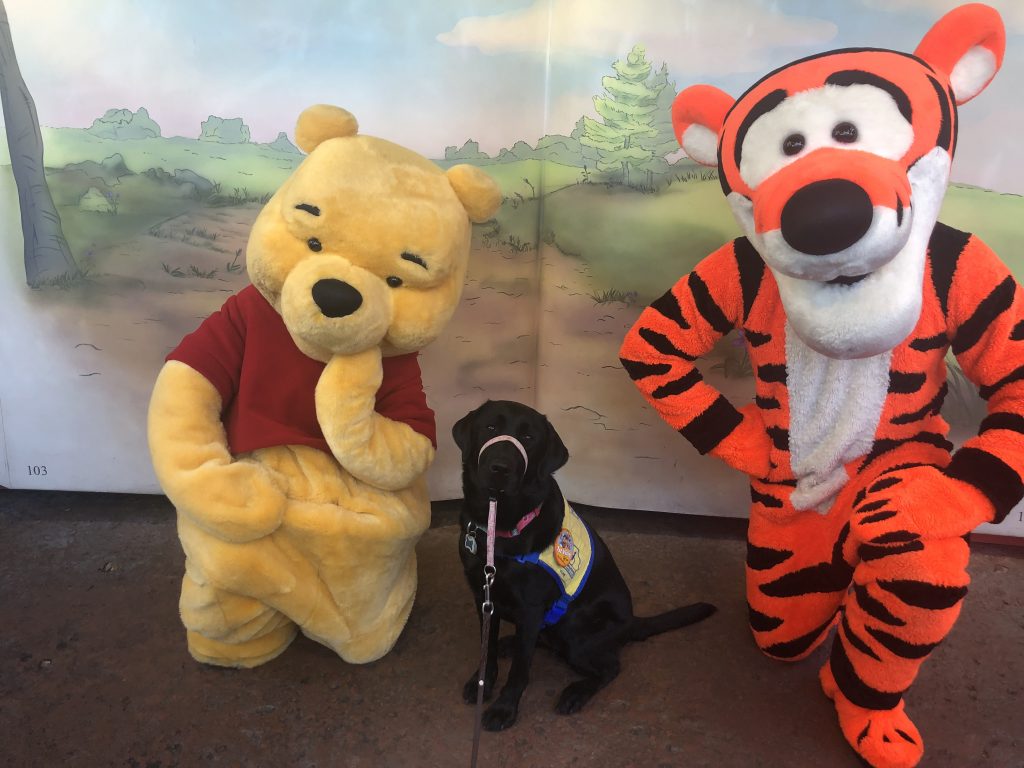
Rollins students are on track to begin raising and training service dogs as early as fall 2020 through a new club, the Rollins Collar Scholars.
Over 30 students attended an interest meeting Nov. 4. for the student-led organization, founded by Marissa Cobuzio (‘19) and sponsored by Accessibility Services.
“I have always been fascinated with the human-animal bond, and the love and trust exhibited between a service dog and their recipient is the pinnacle of that unbreakable bond,” said Cobuzio. “It’s shaped my career goal as a veterinarian as well.”
Cobuzio piloted this project during the spring of 2019, and it will continue after her graduation.
Students interested in raising service dogs first need to submit an application to Canine Companions for Independence, the organization in charge of the program. Then they must be willing to commit 18 months to raising and helping train their assigned dogs.
“I probably spent 30 minutes to one hour every day actively training Ari to teach her the 30 commands she needed to know before she went into professional training,” Cobuzio said. “I also attended bi-weekly puppy classes at [Canine Companions for Independence]’s regional center in Orlando,” said Cobuzio.
In addition to the time commitment, students should expect to spend some of their own money to fund the needs of the dogs, including food, toys, and bedding. This is a typical practice when one opts to raise a service dog.
After 18 months, the dogs receive six months of professional training before being given to their official handlers. Until training is finished, the dogs are not ADA (Americans with Disabilities Act) certified service dogs.
Many trainers maintain contact with their pups after the 18-month period through messages with their dogs’ handlers. At the very least, trainers receive consistent report cards detailing their dog’s journey.
Regarding her own dog, Cobuzio said, “It’s important that we have complete separation, so the transition to ‘puppy college’ life is as easy as possible for Ari. However, I do get monthly reports from her trainer on what she is learning and how she is doing.”
According to Whitney Horton, director of Accessibility Services, the club will begin training service dogs as early as Fall 2020.
“Once we get up and running, we’re also going to be looking into fundraising opportunities and … our own department’s budgets to see what parts of that experience we can help fund for the students,” said Horton, who is one of the sponsors of the Rollins Collar Scholars club.
Horton added, “The process itself is pretty lengthy through Canine Companions. They estimated their waitlist to be about 6 months long.”
If students do not want to be a puppy raiser on their own, they may co-raise with another student.
“People can definitely co-raise, and so they would just go through the application process together to say ‘we want to co-raise a puppy together,’” said Horton.
Beginning this spring, the club will discuss volunteer times, fundraisers, and club members’ involvement. This may include volunteering, becoming a puppy raiser, or puppy sitting.
Students who would like information about the club or volunteer opportunities with Canine Companions can contact access@rollins.edu.

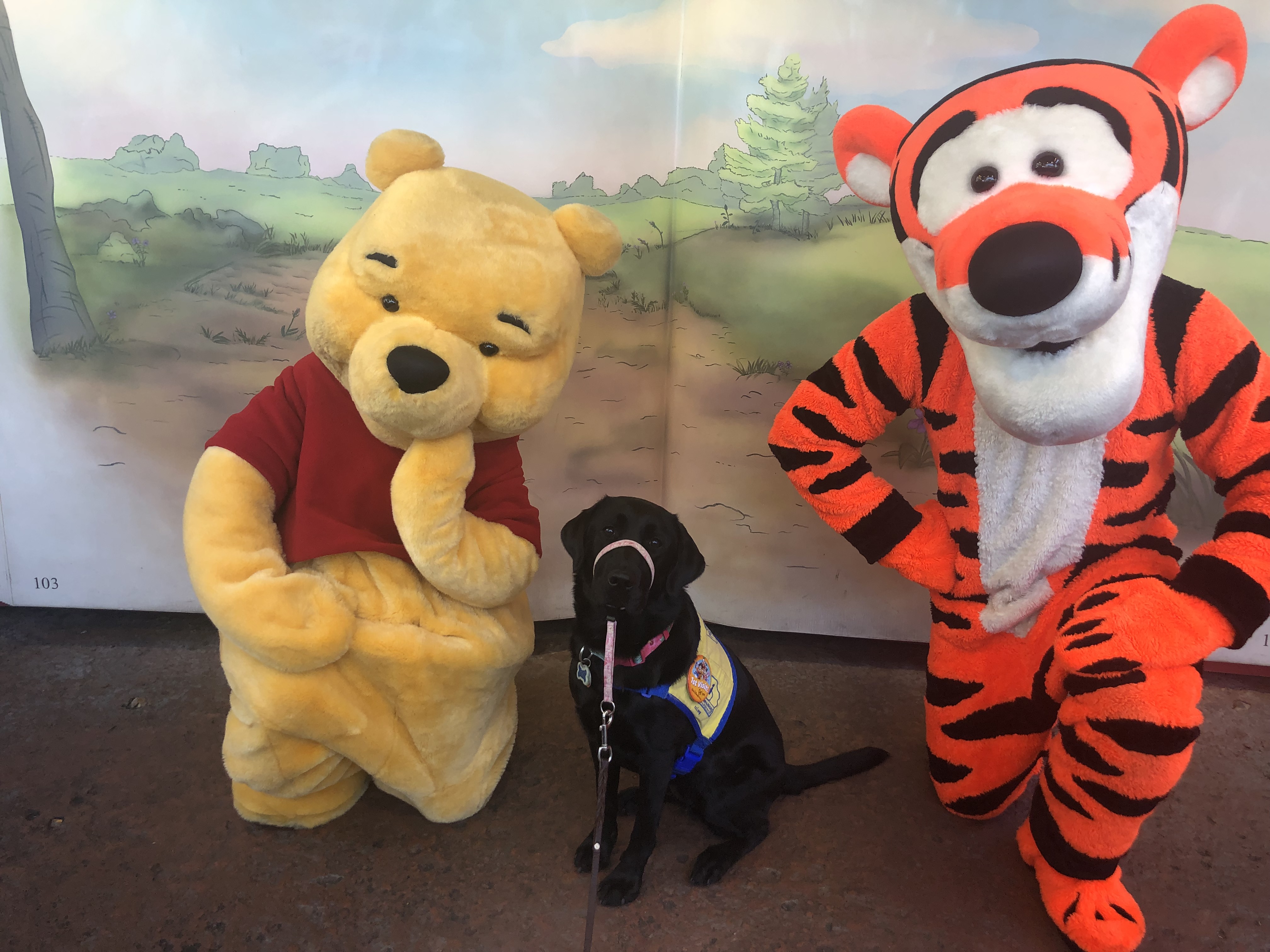




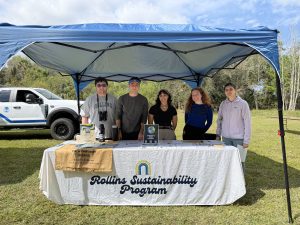



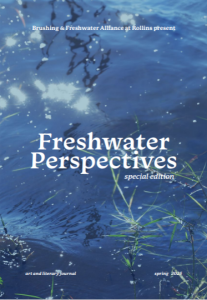

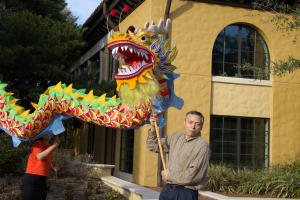
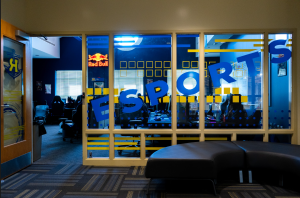




Be First to Comment